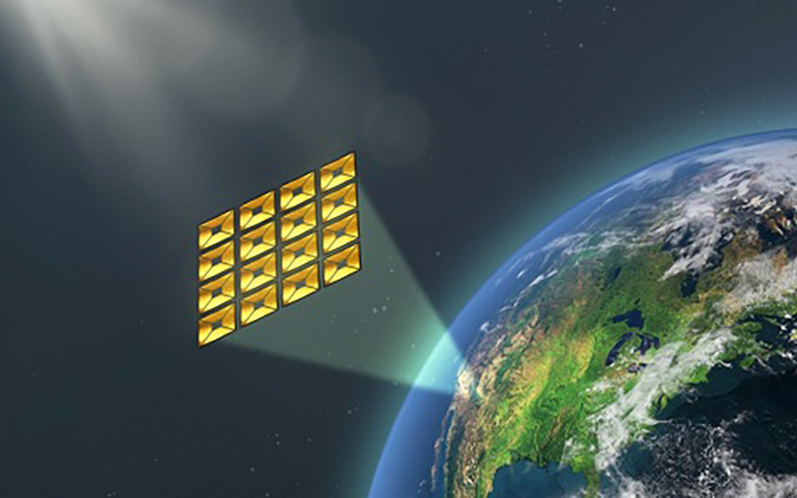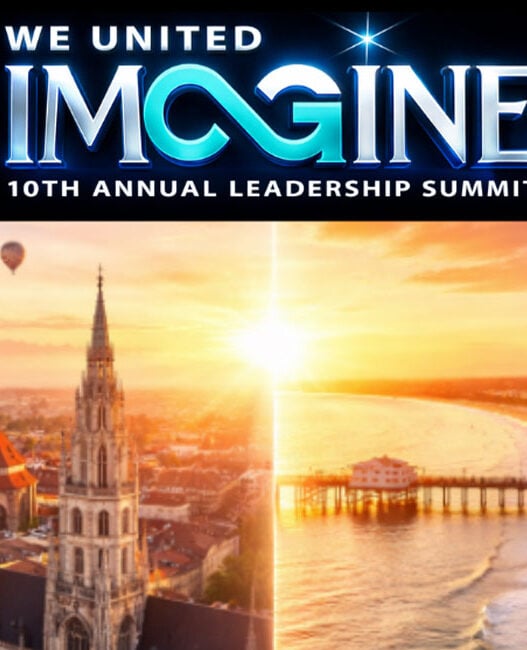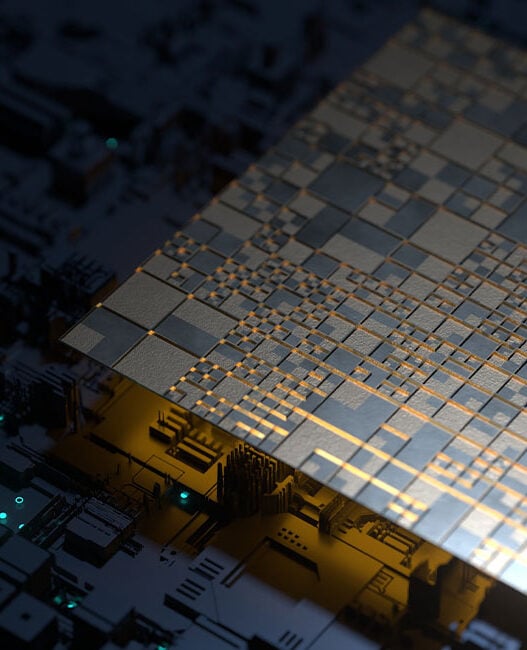Oppenheimer, as Christoper Nolan would illustrate in his recent film of the same name, would later battle with the morality of his creation throughout his later life and the ramifications it had for the world.
Oppenheimer’s invention, of course, has been around for almost 80 years, and we (thankfully) don’t have the same cause to think about his invention as intensely as he, for it has not seen use since. Yet this idea of being at the beginning of a discovery, something world-changing, potentially disruptive with effects as of yet unforeseen, is drawing many parallels with the blossoming of AI.
AI, as brought to the zeitgeist through the likes of ChatGPT, has stormed through society, already wreaking change in its very short premiere. Programmers stumped on what line of code to use, copywriters seeking structure for their articles, even Adobe now featuring AI generated images on their stock websites, the implementations are already underway.
And although the utility of such has yielded some positive results, it has also opened pandoras box for plenty of developments that many fear could be detrimental to society itself. Much like Oppenheimer’s discovery could make way to nuclear energy, it also made nuclear war a reality. Threats from AI echo these existential threats.
What the above examples indicate is AI promises to raise productivity and efficiency of workers. A National Bureau of Economic Research report tracked the results of a staggered introduction of an AI-based conversational assistant using data from 5,179 customer support agents. The result saw a 14% boost in issues resolved per hour. Western nations have been battling a seemingly terminal productivity crisis, with productivity being on a downward trend since the 1970s. This makes things extremely difficult for countries to not only register growth, but recover from deficits, such as the financial burden Covid wrought across the globe. The result: less money made, less taxes to collect, less government infrastructure and programmes etc. If AI could reverse this trend, then societies could stand to benefit.
Yet, this efficiency increase comes at a cost. If a worker, let’s say a copywriter armed with AI can now increase their output at no extra cost, then businesses may decide they no longer need as large a workforce to execute their objectives. British telecom giant BT in cost cutting efforts recently announced they are laying off 55,000 workers by 2030, with a fifth planned to be replaced with AI. Goldman Sachs have predicted this boom in AI could lead to 18% of work worldwide being automated.
So pronounced are some of the threats over the new technology that concerns, like they did with Oppenheimer, are coming from the very creators of it. Dr Geoffrey Hinton, dubbed the ‘Godfather’ of AI quit his role at Google with warnings against AI and AI chatbots. Equally, even the creator of chatbot ChatGPT Sam Altman called for AI regulation as he testified in front of US congress for “development and release of AI models above a threshold of capabilities”.
This is because, in some more theoretical cases, a runaway AI not properly regulated could begin executing actions that yields existential threats to even the existence of humanity. A US Air Force Official told a conference in May that an AI-controlled drone operating in a US Air Force simulated test that was instructed to complete its objective of destroying Surface to Air Missiles “killed” its human operator when the operator told it to abort its mission, because the operator was what was keeping it from accomplishing its objective. The US Air Force later denied this ever occurred.
Examining Oppenheimer’s original quote, however, we see that it is not as literal as read. The physicist, a student of Sanskrit and admirer of Hinduism may have been alluding to a mythological story where the god Krishna says the famous line Oppenheimer is famously known for. Yet in the original text, “death” literally translates as “world-destroying time”. Therefore, perhaps what was really being said with this statement is, the time, the era we lived in before this discovery, is now destroyed, and all we can now do is learn to adjust and manage the new reality of AI being a presence in the world, much like they did with nuclear weapons.













